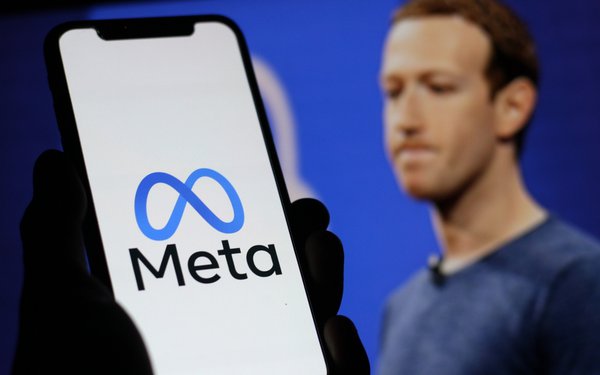
With the completion of the 2024 U.S. presidential election, Meta
is coming to terms with the effectiveness of its recent efforts regarding election integrity enforcement.
Looking back, the tech giant admits to errors that inhibit free expression across its
family of social-media apps and says it is seeking changes to promote fairness.
Over the course of the year, Meta has added political content controls on Facebook, Instagram, and threads,
allowing users to opt out of political news on their feeds. The company has also updated its rules around election-process claims, run audits of terms it considers offensive under its Hate Speech
policy, and updated its penalty protocol related to public figures suspended for violations during periods of civil unrest.
Meta also worked to raise voter awareness, attempting to combat
AI-generated misinformation, and detecting and removing foreign influence operations -- a key focus after the Russian interference scandal across Facebook during the 2016 U.S. presidential
election.
advertisement
advertisement
Now, however, the company claims that it went too far in attempting to protect its billions of users.
“Striking the balance between allowing people to make their voices
heard and keeping people safe is one that no platform will ever get right 100 percent of the time,” the company said in a recent statement. “We know that when enforcing our policies, our
error rates are too high, which gets in the way of the free expression we set out to enable.”
According to Meta, its policies lead to “harmless content” being taken down or
restricted, causing “too many people” to be penalized unfairly.
The company's insistence on over-policing the spread of potentially harmful content draws a stark contrast to what
CEO Mark Zuckerberg told members of Congress in 2018 in relation to Cambridge Analytica.
Before Meta agreed to pay $725 million to settle the privacy lawsuit, Zuckerberg said that the company
“did not do enough to prevent these tools from being used for harm,” including “fake news, foreign interference in elections and hate speech.”
President-elect Donald
Trump's win in this year’s election may be influencing the social-media company's response to its election-integrity processes, especially when considering Trump's ongoing threats against Meta
and Zuckerberg.
For example, in a recent Trump-authored coffee-table book, the president-elect stated that Zuckerberg “steered” Facebook against him and his 2020 campaign, adding:
“We are watching him closely, and if he does anything illegal this time he will spend the rest of his life in prison – as will others who cheat in the 2024 Presidential
Election.”
In prioritizing “free expression” across its apps, it is possible Zuckerberg and Meta are attempting to ease potential future tensions with the incoming President.
Zuckerberg met with Trump in Florida last week.
The company's insistence on over-policing content is also reminiscent of a statement Zuckerberg made to the Republican-led House Judiciary
Committee in August, which described the Biden administration “repeatedly” pressuring his teams to “censor” content related to COVID-19.
“I feel strongly that we
should not compromise our content standards due to pressure from any Administration in either direction – and we're ready to push back if something like this happens again,” he said,
adding that he believes tech companies and other private entities should make “independent choices” about the information they present and that the alleged “government pressure was
wrong.”